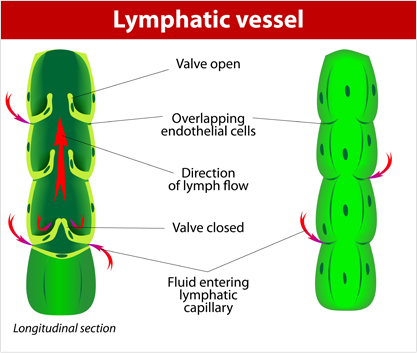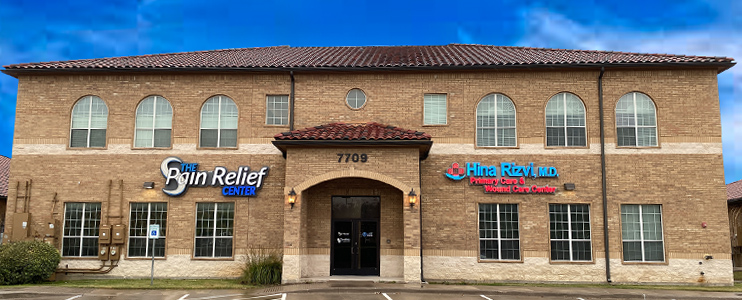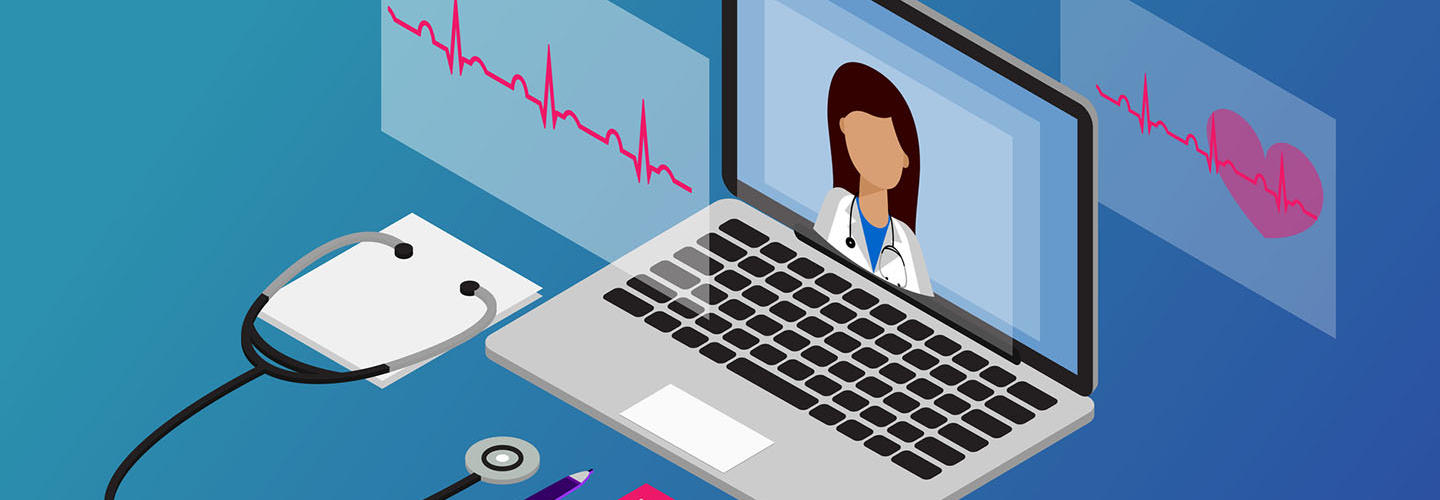Skip to content
Lymphedema / Limp Swelling Treatment Advanced Wound Care Plano TX – Dr. Hina Rizvi M.D, C.W.Sadmin2021-11-23T20:20:59+00:00
Lymphedema / Limp Swelling
- Lymphedema is a buildup of fluid in the limb (arm or leg).
 It happens in some people who have had surgery or radiation treatment for cancer. Not all people treated for cancer get lymphedema.
It happens in some people who have had surgery or radiation treatment for cancer. Not all people treated for cancer get lymphedema.- The lymphatic system is similar to the system of blood vessels. But instead of blood, the lymphatic system carries lymph, which contains infection-fighting cells.
- Lymphedema happens when the flow of lymph through the lymphatic system gets backed up. This is a common problem after cancer treatment.
- The most common symptoms of lymphedema are swelling in your limb, aching pain, tight or heavy feeling in the affected limb, trouble moving the affected limb
- The symptoms can come on slowly. It might be weeks, months, or even
- There is no test. Your doctor can figure out if you have lymphedema by talking to you about your symptoms and doing an exam. An important part of the exam will be to measure the length around the affected limb (called your limb circumference).
- It is very important to avoid injury or infections of your affected limb. There are also actions you can take to help prevent more swelling.
- To avoid injury, keep your skin clean. Wash with a mild soap every day. Be careful with your nails. Don’t pick at the skin around your nails or cut your cuticles. Use lotion to keep your skin from getting dry and cracked. Always use sunscreen when you go outside. If an arm is affected, wear gloves when gardening, cooking, or doing other things that could hurt your skin.
- If you do get a small cut, scrape, or bite on your arm, hand, leg, or foot, clean it well with soap and water. Then use an antibiotic cream, and call your doctor if it does not heal quickly or if you have signs of an infection.
- Do not have shots, blood draws, IV lines, or acupuncture in the affected limb. If an arm is affected, avoid having your blood pressure taken on that side.
- To prevent swelling, wear loose fitting clothes and jewelry, avoid saunas, steam baths, and hot tubs. Keep your weight under control.
- Do not let your arm or leg hang at your side for long periods of time without moving it.mKeep your limb raised on pillows when you’re sitting or lying down.
- You should call your doctor if you have increased swelling, you have redness or a rash, affected limb feels warm to the touch, you have a fever higher than 100.4°F (38°C) that is not due to a cold or other illness
- There are treatments that can help reduce the swelling and make you more comfortable. Exercise can help keep lymphedema from getting worse. During exercise, people with lymphedema should always wear a compression bandage. Compression sleeve or bandaging is a special kind of bandaging that puts gentle, steady pressure on the swollen area. This helps keep the swelling down.
- Manual lymphatic drainage done by a physical therapist who massages your limb in a special way to help move the fluid that has built up.
- Lymphedema cannot always be prevented, but if you treat it early, you might be able to keep it from becoming too severe.
Page load link
 It happens in some people who have had surgery or radiation treatment for cancer. Not all people treated for cancer get lymphedema.
It happens in some people who have had surgery or radiation treatment for cancer. Not all people treated for cancer get lymphedema.

